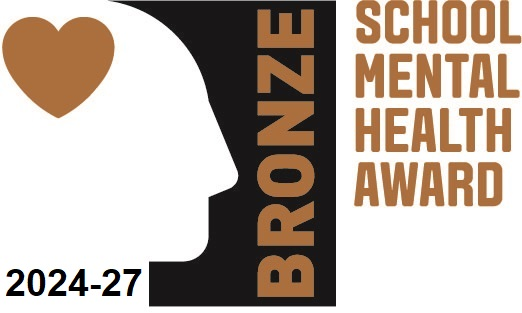ECONOMICS
Please click on the links below:
What is Economics about?
Economics studies how the scarce resources the world has are allocated to different people and societies. It also looks at how the choices we make are informed, trying to predict how we will react given the limited resources the world has but the unlimited needs and wants that we have as individuals. At a higher level, it places these decisions within economics systems that are determined, managed and reflect the political and social choices that each society makes. The main goal of studying economics is to gain a greater understanding of the world in which we live and an insight into the decision-making rationales of individuals and those who shape our local, national and global societies.
What do we teach in Economics and why?
- basic economic concepts – scarcity, choice, opportunity cost
- role of markets
- role of money & financial markets
- role of government
- government policies – use, impact, costs & benefits
- limitations of markets
- international trade and global economy
The Business & Economics Department aim for all students to:
- Engage with the economy as it happens in society, outside the classroom
- Identify their own economic preferences, reflecting on their own political and social beliefs so they become better informed citizens
- Create discussions and arguments acknowledging the different economics viewpoints which exist
- Understand the problems of living in communities where decisions are made about the use of scarce resources
- To critique traditional views on how the economy works, being able to offer alternatives
- To debate economic issues confidently
What does the Economics enable our students to do?
Students will:
- understand how markets operate and the roles of consumers, producers or workers within markets
- understand how the economy works nationally and globally and the levers employed by governments to reach desired social and economic objectives
- actively engage in the study of Economics to develop as effective, self-motivated students, and as critical, reflective thinkers with enquiring minds, able to distinguish between fact and opinion
- understand and apply their economic knowledge and skills to investigate current and historical economic situations and issues in a range of national and global contexts
- build economic arguments, making informed judgements by using economic concepts and quantitative evidence through the use, application and interpretation of data
- understand the perspectives of different economic agents, including consumers, producers and government in relation to economic activity
- read economic articles to appreciate how leading economists approach economic problems
- consider moral, ethical and sustainability issues that arise as a result of the impact of economic activity.
How is the curriculum structured in Economics?
GCSE Economics is offered at KS4. Students are taught 3 lessons per week over 2 years. Total learning hours approx. 120.
AS & A level Economics is offered at KS5. Students are taught 5 lessons per week or 10 per fortnight, often shared between 2 specialist teachers.
What specifications do we use?
GCSE: OCR J205
A-LEVEL: AQA 7136
What are the links between Economics and other subjects?
Links exist between Human Geography, Citizenship, Maths.
In Economics, students have many opportunities to develop literacy as in reading source materials and responding in longer answers, and in essays.
Numeracy is an important part of Economics.
Students learn how:
- Calculations
- calculation of percentages and percentage changes, including interest on savings
- calculation of averages, including cost
- calculation of totals, including revenue, costs and profit
- calculation of income, including gross and net pay
Construction of graphs:
- construction of graphs from data, including supply and demand curves
Interpretation and use of quantitative data to support and justify economic decisions:
- interpretation and use of information from graphs and charts
- interpretation and use of economic data, such as unemployment figures, exports and imports
What are the future careers students can take when they study Economics?
An economics degree validates an array of subject-specific and transferable skills which are highly sought by employers. A qualification in economics can lead to employment as an actuarial analyst, chartered accountant, data analyst, economist, financial risk analyst, forensic accountant, investment analyst, statistician or stockbroker. Perhaps unsurprisingly, economics is a very competitive career choice when it comes to impact on earnings for both men and women. Graduates of economics often work in financially rewarding careers in both private and public sectors.
What extra-curricular activities can students take part when you study Economics?
Classroom study is supported by numerous trips and visits in and outside London such as to the Bank of England, The London Stock Exchange and FTSE 100 company headquarters.








